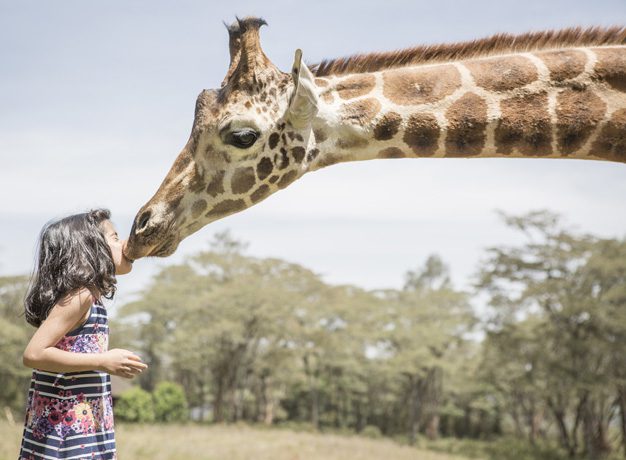Animal transport plays a crucial role in various situations, such as relocating pets, transporting livestock, or facilitating wildlife conservation efforts. It involves the movement of animals from one location to another, and ensuring their safety, well-being, and ethical treatment throughout the journey is of utmost importance. In this blog post, we will explore the world of animal transport, shedding light on the key considerations, practices, and regulations that ensure the safe and ethical travel of our animal companions.
Understanding Animal Transport
Animal transport refers to the process of moving animals from one place to another for various reasons, including adoption, breeding, shows, exhibitions, conservation efforts, or relocation due to personal or professional circumstances. It encompasses different types of animals, including pets, livestock, horses, exotic species, and even wildlife. Animal transport can be conducted by individuals, animal transport companies, rescue organizations, or specialized agencies dedicated to ensuring the safe and ethical transportation of animals.
Ensuring Animal Welfare and Safety
The welfare and safety of animals should be the top priority during transport. Several measures are taken to ensure their well-being, including:
- Proper Handling: Animals must be handled with care and expertise to minimize stress, injury, or harm. Trained professionals should be responsible for their handling, using appropriate equipment and techniques.
- Suitable Transport Containers: Animals should be transported in containers or crates that are spacious, well-ventilated, and provide adequate protection. Containers should be designed to prevent escape, injury, or discomfort.
- Temperature Control: Proper temperature control is essential to protect animals from extreme heat or cold. Vehicles used for transport should be equipped with climate control systems to maintain a suitable environment.
- Hygiene and Sanitation: Cleanliness and hygiene are vital to prevent the spread of diseases or infections. Regular cleaning and disinfection of transport vehicles and containers are necessary to ensure the well-being of animals.
Compliance with Regulations and Permits
Animal transport is subject to various regulations and permits, depending on the type of animal, the destination, and the purpose of transportation. These regulations aim to protect animal welfare, prevent the spread of diseases, and ensure ethical practices. Compliance with these regulations is crucial and may include requirements for vaccinations, health certificates, permits, and quarantine procedures. Animal transporters should stay updated on the relevant laws and regulations to ensure legal and ethical transportation practices.
Stress Reduction Techniques
Transportation can be stressful for animals, leading to anxiety or discomfort. To minimize stress during transport, various techniques can be employed, including:
- Familiarization: Introducing the transport container or crate to the animal before travel can help them become accustomed to it, reducing anxiety.
- Comfort and Security: Providing familiar bedding, toys, or items with the animal’s scent can help create a sense of security and comfort during transport.
- Calming Measures: Natural calming aids, such as pheromone sprays or herbal remedies, can be used to alleviate anxiety in animals.
- Minimizing Travel Time: Reducing travel time whenever possible helps limit the duration of stress for the animal.
Special Considerations for Different Animal Types
Different animals have specific needs and requirements during transport. Considerations may vary depending on the species, breed, size, and behavior. For example:
- Pets: Pets may require familiar items, regular feeding and watering, and opportunities for exercise and bathroom breaks during long journeys.
- Livestock: Livestock transport should prioritize proper ventilation, access to food and water, and consideration of handling and loading techniques to prevent injuries.
- Exotic Species: Transporting exotic species requires specialized knowledge, permits, and adherence to regulations to ensure their specific needs are met.
Ethical Considerations in Animal Transport
Ethical considerations play a vital role in animal transport. Key ethical principles include:
- Avoiding Unnecessary Stress: Minimizing stress and discomfort during transport should be a priority, and unnecessary journeys should be avoided when possible.
- Ensuring Adequate Care: Animals should receive appropriate care, which includes access to food, water, and veterinary attention when needed.
- Transparency and Accountability: Transporters should maintain transparency in their practices and be accountable for the welfare of animals in their care, adhering to ethical standards.
Conclusion
Animal transport is a necessary aspect of our relationship with animals, serving various purposes such as relocation, conservation efforts, or livestock management. Ensuring the safe and ethical transport of animals requires careful planning, compliance with regulations, attention to their welfare, and expertise in handling different species. By prioritizing animal welfare, following ethical considerations, and adhering to best practices, we can ensure that animals are transported safely, with their well-being at the forefront.





























